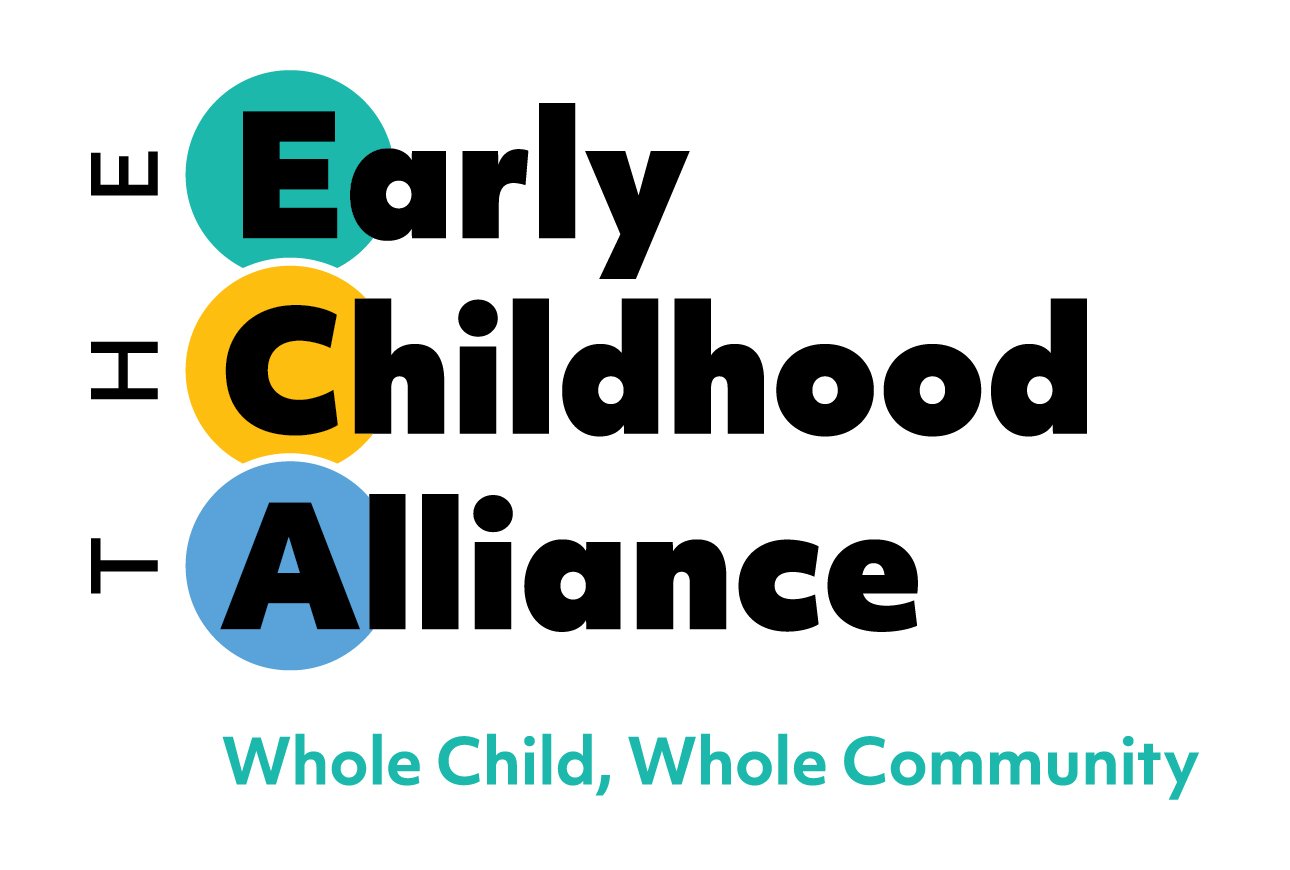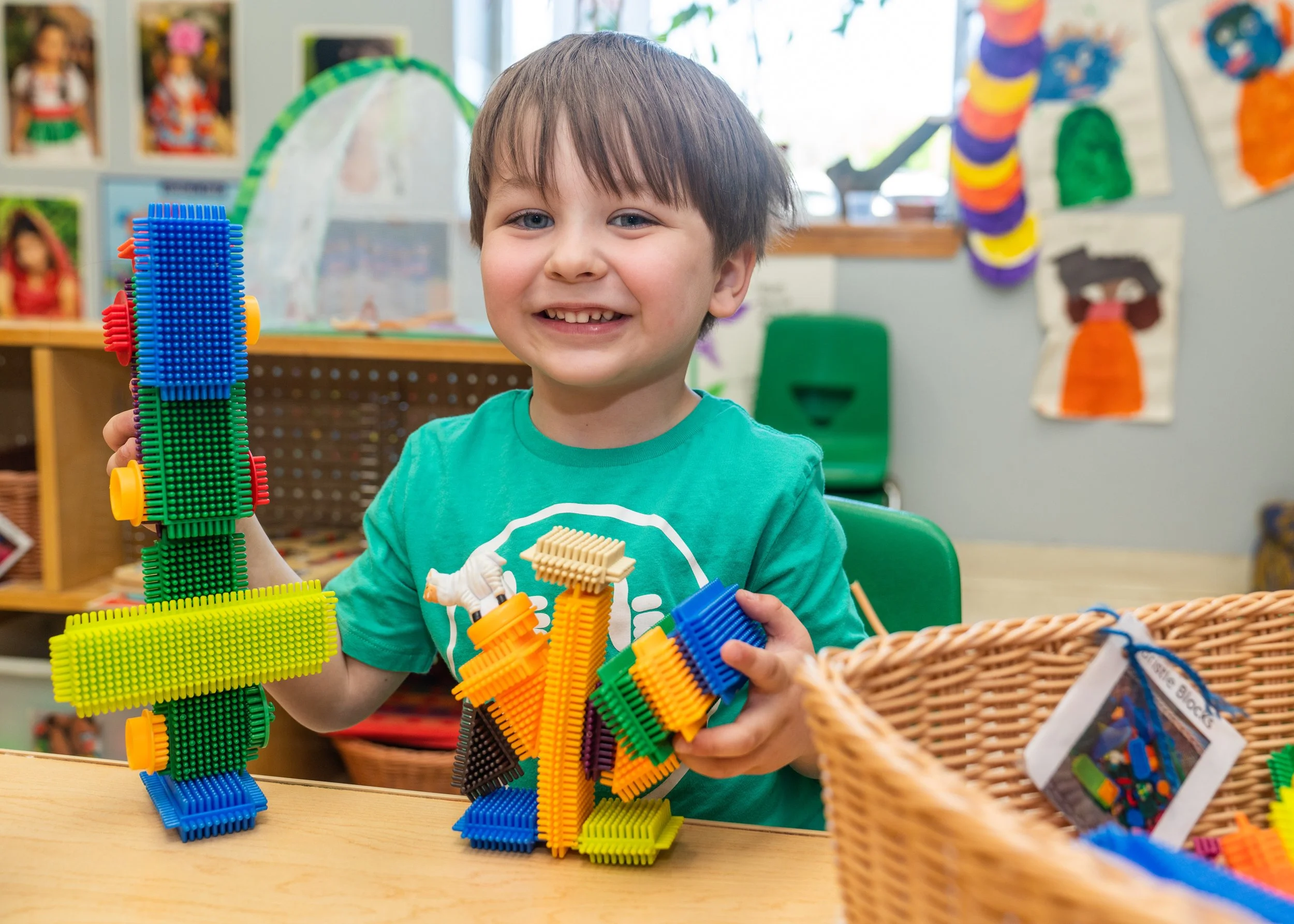
Types of Learning
Home Visiting
Home visiting helps to support a child’s cognitive, emotional, and social development during the first years of life. Home visitors establish an individualized plan with each family and through fun activities guide parents and children in sharing and learning activities that improve gross motor, language, fine motor, social, and emotional skills. Parent curriculum includes good maternal or paternal and child health, home safety, food security, positive parenting, and school readiness. Some of the curriculums or specific programs used in home visiting services include Beyond Parenting, BabyTALK, Early Head Start, Healthy Families Illinois, Parents as Teachers, and Prevention Initiative.
Center Based Care
Either full day or part day, your child attends a program where they are with a group of other children - size of the group is dependent on the age of the children. Generally, children are placed with same aged children and 2-3 caregivers in a classroom. Licensed child care centers must meet Illinois Department of Children and Family Services standards for health and safety including child to staff ratios and required space per child. Teachers create regular routines, curriculum, and activities to guide the group and each child’s unique development.
Family Child Care Homes
Some families choose for their child to be cared for in a home-like setting. Family child care providers fulfill this need by offering care for children in their own homes. These providers meet Illinois Department of Children and Family Services standards for health and safety including child-to-staff ratios and required space per child. Family child care providers often have more flexiblility with scheduling and may be able to make other arrangements to accommodate individual family needs. Hours of operation vary by provider, but generally, family child care providers are the go to resources for families in need of evening and weekend care.



